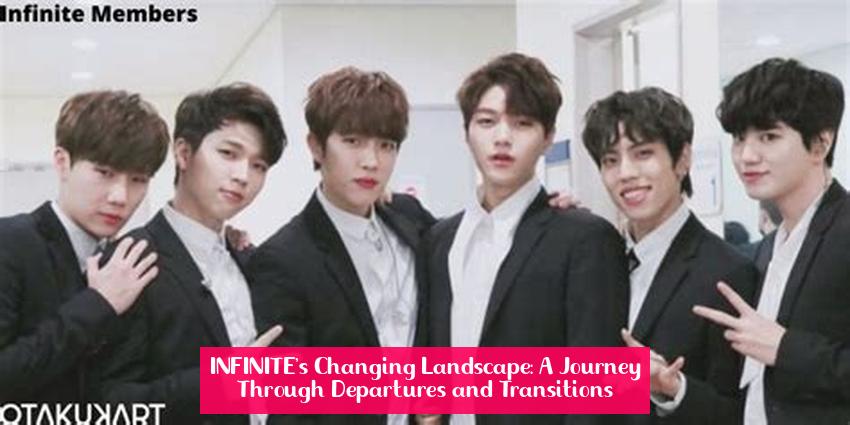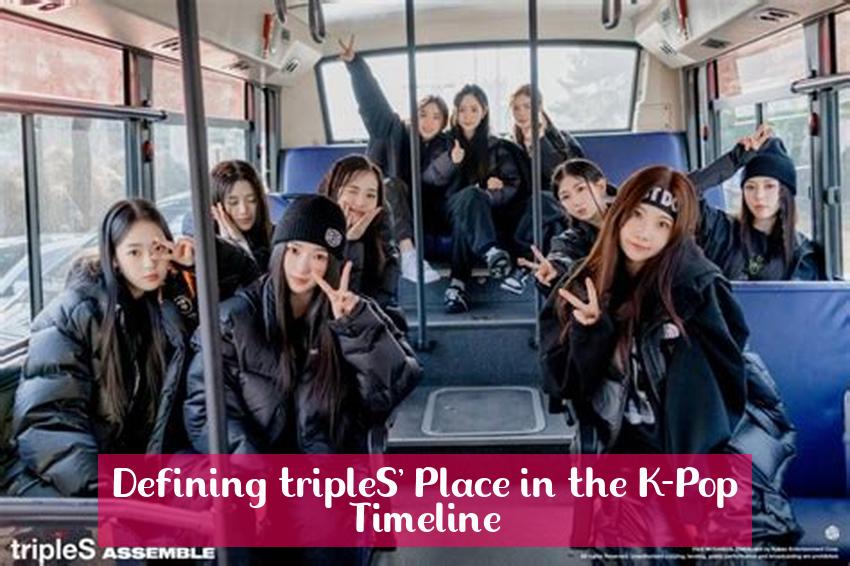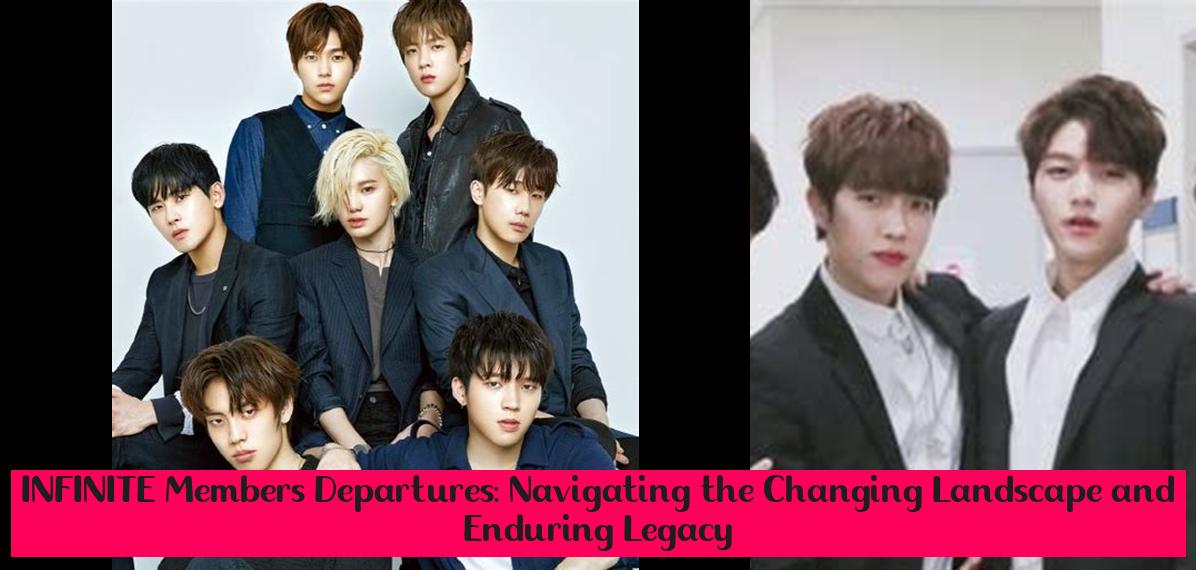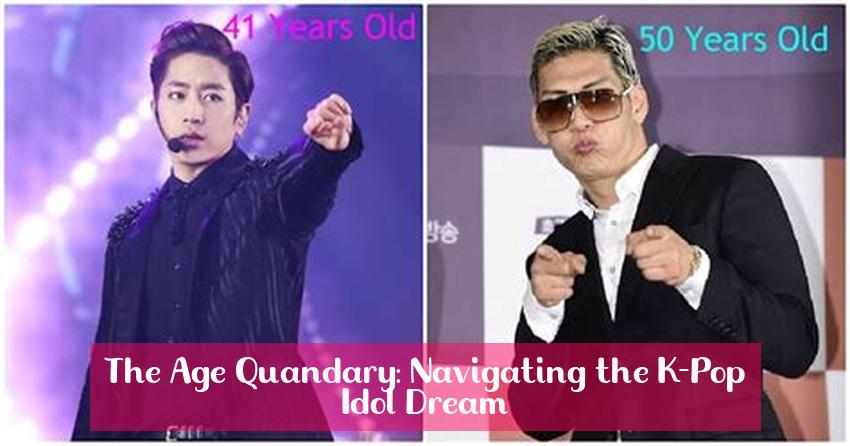Navigating the K-Pop Landscape: A Look at Idol Welfare and Company Practices
Related Articles: Navigating the K-Pop Landscape: A Look at Idol Welfare and Company Practices
Introduction
In this auspicious occasion, we are delighted to delve into the intriguing topic related to Navigating the K-Pop Landscape: A Look at Idol Welfare and Company Practices. Let’s weave interesting information and offer fresh perspectives to the readers.
Table of Content
Navigating the K-Pop Landscape: A Look at Idol Welfare and Company Practices

The K-Pop industry is a global phenomenon, captivating audiences with its vibrant music, captivating performances, and intricate idol culture. However, beneath the dazzling exterior, there have been ongoing discussions regarding the well-being of idols and the ethical practices of entertainment agencies. This article delves into the complex relationship between K-Pop companies and their idols, examining key factors that contribute to a healthy and supportive environment for artists.
Understanding the K-Pop System: A Foundation for Analysis
K-Pop idols undergo a rigorous training program, often starting at a young age, to hone their skills in singing, dancing, and performance. This commitment to excellence is a hallmark of the industry, but it also raises concerns about the potential for exploitation and pressure on young artists.
Key Indicators of Idol Welfare
Evaluating the treatment of idols in a complex industry like K-Pop requires a nuanced approach. Several key indicators serve as benchmarks for assessing the ethical practices of entertainment agencies:
- Contract Transparency and Fairness: Contracts outlining the terms of an idol’s engagement with an agency are crucial. Transparent and fair contracts ensure equitable compensation, clear performance expectations, and reasonable work hours.
- Training and Development: While rigorous training is essential, it should prioritize skill development alongside the overall well-being of trainees. A healthy training environment fosters creativity, encourages individual expression, and provides adequate rest and mental health support.
- Compensation and Financial Management: Fair and transparent compensation structures, including salaries, performance bonuses, and royalty agreements, are essential for ensuring the financial security of idols.
- Promotion and Exposure: Agencies should prioritize the artistic growth and development of their idols, providing them with opportunities for diverse musical and performance experiences.
- Mental Health Support: The high-pressure nature of the K-Pop industry necessitates robust mental health support systems for idols. This includes access to qualified professionals, confidential counseling services, and a culture that encourages open communication about mental well-being.
- Rest and Vacation Time: Adequate rest and vacation time are essential for the physical and mental health of idols. This allows them to recharge, maintain a healthy work-life balance, and prevent burnout.
- Respect for Personal Boundaries: Agencies should respect the personal boundaries of their idols, allowing them to pursue personal interests, maintain healthy relationships, and enjoy privacy outside their professional lives.
Highlighting Companies with Positive Practices
While the industry faces challenges, several companies have implemented practices that prioritize the well-being of their artists.
- JYP Entertainment: Known for its "Big 3" status, JYP has gained recognition for its focus on artist development and ethical practices. The company emphasizes individual expression, artistic freedom, and a fair compensation system. They also invest in mental health resources for their idols.
- SM Entertainment: SM Entertainment, another prominent agency, has evolved its practices over the years, implementing changes to address concerns about idol welfare. They have introduced more transparent contracts, improved training programs, and increased focus on mental health support.
- Big Hit Music (formerly Big Hit Entertainment): This agency, known for its management of BTS, has garnered praise for its focus on artist empowerment and a culture of collaboration. They prioritize open communication, transparent contracts, and a strong emphasis on mental health support.
- Pledis Entertainment: This agency, known for its management of groups like Seventeen and NU’EST, has earned recognition for its commitment to artist development and fair treatment. They prioritize artistic freedom, open communication, and a supportive environment for their idols.
FAQs: Addressing Common Concerns
1. How can I determine if a K-Pop company treats its idols well?
While there is no single definitive answer, observing the following can provide insights:
- Public perception: Look for positive feedback from idols themselves and their fans regarding the agency’s treatment.
- Media coverage: Pay attention to news reports and articles that highlight the company’s practices.
- Industry reputation: Research the agency’s history and its reputation within the K-Pop community.
- Contract details: If available, examine the contracts of idols signed with the agency.
2. What are the common challenges faced by idols in the K-Pop industry?
Idols often face:
- Intense training and competition: Long hours, demanding schedules, and constant pressure to excel can lead to physical and mental exhaustion.
- Limited control over their careers: Idols may have limited control over their music, performances, and public image.
- Exposure to public scrutiny: Constant media attention and social media scrutiny can take a toll on mental health.
- Financial instability: Some idols may face financial insecurity, especially in the early stages of their careers.
3. How can fans contribute to improving idol welfare?
Fans can play a crucial role in promoting a healthier K-Pop industry by:
- Supporting artists who advocate for better treatment: Encourage and amplify the voices of idols who speak out about ethical issues.
- Engaging in respectful and responsible fan culture: Avoid excessive criticism, harassment, and invasive behavior.
- Promoting awareness of idol welfare: Educate others about the challenges faced by idols and the importance of ethical practices.
- Supporting organizations that advocate for idol rights: Contribute to or volunteer for organizations working to improve the working conditions of idols.
Tips for K-Pop Companies to Improve Idol Welfare
- Prioritize mental health support: Offer comprehensive mental health services, including counseling, therapy, and access to qualified professionals.
- Implement transparent contracts: Ensure clear terms regarding compensation, work hours, and performance expectations.
- Foster open communication: Encourage open dialogue between management and idols, creating a safe space for feedback and concerns.
- Respect personal boundaries: Allow idols to pursue personal interests, maintain healthy relationships, and enjoy privacy outside their work.
- Provide adequate rest and vacation time: Ensure idols have sufficient time for rest, relaxation, and personal pursuits.
- Invest in artist development: Prioritize the artistic growth and well-being of idols, providing them with opportunities for creative expression and career exploration.
Conclusion: Building a Sustainable and Ethical K-Pop Industry
The K-Pop industry is a dynamic and evolving landscape. By prioritizing ethical practices, promoting transparent communication, and fostering a culture of respect, companies can create a healthier and more sustainable environment for their idols. This approach not only benefits the well-being of artists but also contributes to the long-term success and reputation of the industry as a whole. As fans and stakeholders, it is our responsibility to advocate for positive change and ensure that the K-Pop industry continues to flourish while upholding the values of fairness, respect, and human dignity.








Closure
Thus, we hope this article has provided valuable insights into Navigating the K-Pop Landscape: A Look at Idol Welfare and Company Practices. We thank you for taking the time to read this article. See you in our next article!